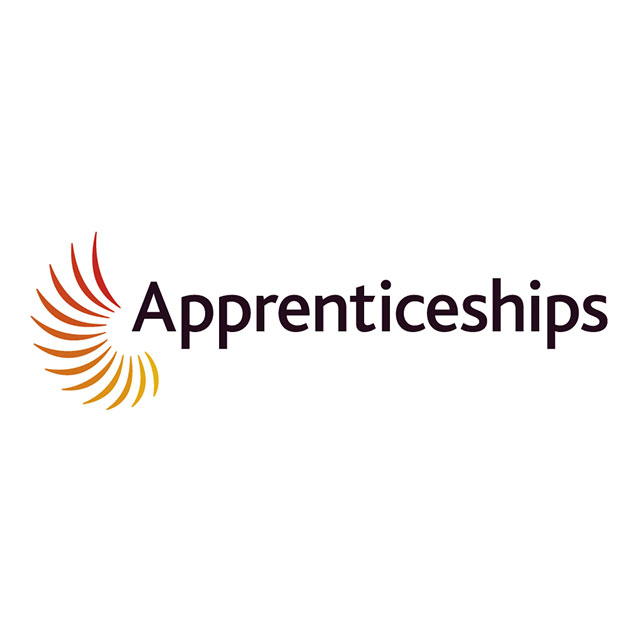Recently, Cirencester College A-Level Geology students Maddison Pike, Murry Prowse, Emma Hume, Flo Ilsley, Grace Wiggall and Emma Baldwin competed in this year’s National Geology Competition. The annual event puts A-level Earth Science students across the country to the test. This year was a particular success for Cirencester College, after qualifying for the national stage of the competition and coming in second place.
Due to the circumstances with COVID-19 this competition took place entirely electronically.
Maddison Pike wrote the following report about the competition and their celebratory trip to London.
“In the first stage, we submitted an informative six-minute video on an earth science topic of our choice. We took an interest in the subject of convergent evolution, which is when different organisms independently evolve similar traits. Such as how wings are present on both bats and birds, yet they are separate creatures. We questioned whether the traits of convergent evolution can be compared between modern animals and ancient fossils, which we explored in our video. This video was perceived well by the judges, and we qualified for the final stage of the competition.
The final stage took place on Zoom where we were given a problem-solving challenge to complete. A hypothetical scenario was created wherein a town wanted to install a hydroelectric power station but needed our help knowing which area was the most geologically stable for this. We were given a host of resources such as geological maps, from this we inferred where was best to locate the dam. Each proposed site had environmental disadvantages which we had to plan to improve upon. Meanwhile we had a budget to keep in mind throughout this. As a team we had to deliberate upon what was the safest and most affordable option.
After deciding which site was best, we had to create a PowerPoint and propose our ideas to the judges in a presentation. It was from the quality of our presentation and the correctness of our site selection that the teams were then placed. This gave a great insight into the mechanisms of the geoengineering industry and what geology may look like in the working world. Many of us in the team are interested in pursuing a career in geology- so this was very helpful.
Due to us coming in second place Gareth (our lecturer) decided to take us on a trip to London to celebrate. In normal circumstances the final would have taken place in the Geological Society building rather than online, and so on the trip a tour around the building was arranged. We were able to see exciting mineral specimens and a library full of thousands of geology journals and books. Another interesting part was seeing the map room, which was full of geological maps with some over a hundred years old. This was really exciting to see and inspired us as a team massively.
Later in the day we visited the Natural History Museum and the Science Museum to see some more great geology. Some of our favourite parts were seeing the outstanding fossils and of course the dinosaur exhibit!
Coming in second place feels like a great reward for us as a team, which would not have been possible without the group effort that everyone put in. The experience was truly so much fun, each stage of the competition was so enjoyable. We have so much to thank Gareth for, as he made this experience wonderful for us.”
You can find out more about Cirencester College courses here: Course Information – Cirencester College












